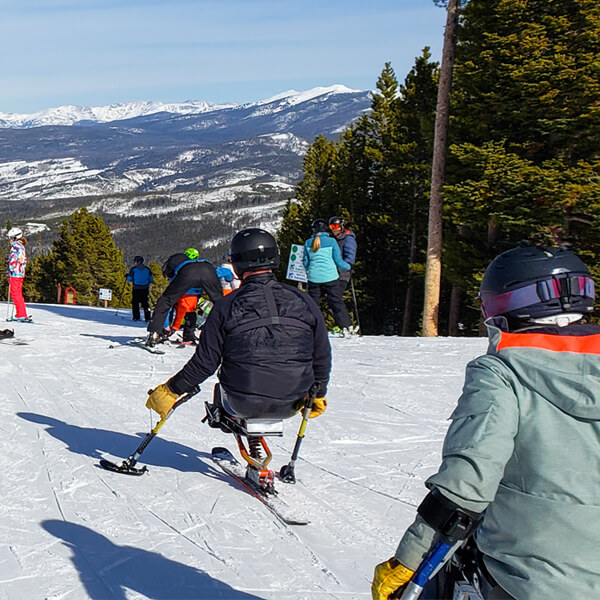
Winter Paralympics 2022, are you ready?
This quadrennial event is ready to take place in Beijing this year. It will commence on Friday the 4th to the 13th of March. Channel 4 is where you can tune in to watch the games.
Some Interesting Facts about the Paralympics
The Winter Paralympics debuted in Sweden in 1976, 16 years after the Summer Paralympics started and 80 years after the first modern Olympic games were held.
The United States has the most Paralympic medals to its name, 2,598, of which 919 are gold. The country that has won the most Winter Paralympic medals is Austria, and they’ve won a total of 332 medals, of which 104 were gold.
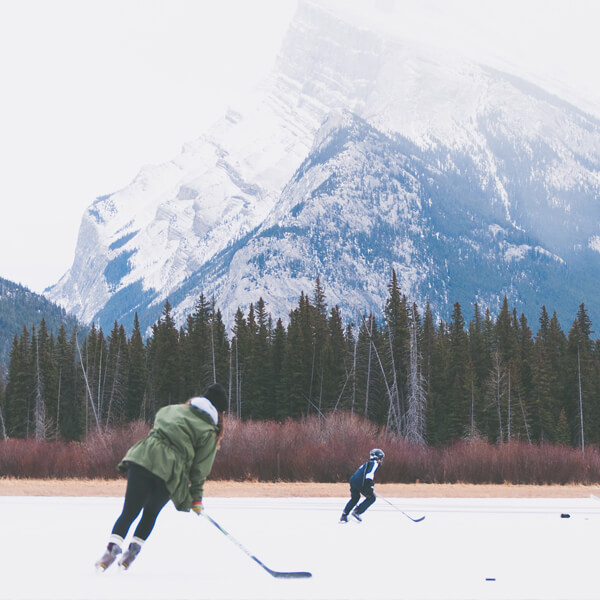 The mascot for the Winter Paralympic games is a cartoon version of a Chinese lantern, and the design encompasses traditional Chinese paper cutting and Ruyi ornaments. The name of this mascot is Shuey (snow), Rhon (to include, to tolerate), Rhon (to melt, to fuse), 雪容融. The design of the character and name promotes inclusion with the aim of increasing communication between world cultures and the inclusion of people with disabilities.
The mascot for the Winter Paralympic games is a cartoon version of a Chinese lantern, and the design encompasses traditional Chinese paper cutting and Ruyi ornaments. The name of this mascot is Shuey (snow), Rhon (to include, to tolerate), Rhon (to melt, to fuse), 雪容融. The design of the character and name promotes inclusion with the aim of increasing communication between world cultures and the inclusion of people with disabilities.
There are Six Terms to Segment the Athletes:
The classification within the Paralympics can help keep the competition fair and safe as sports can be dangerous. The six segments are as follows: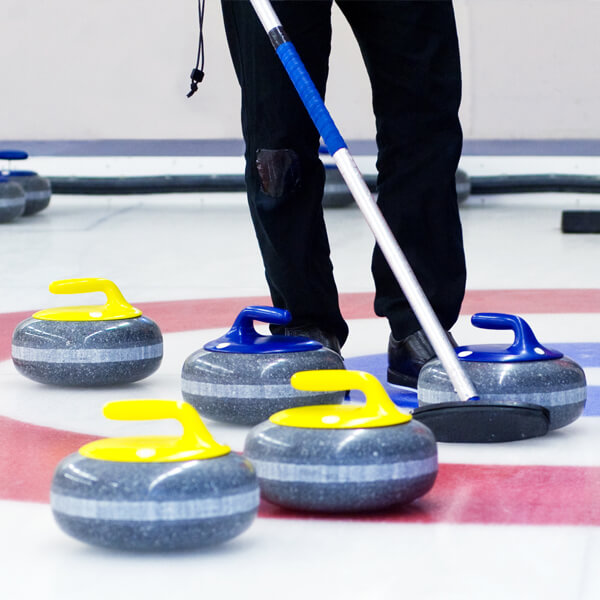
- Amputee
- Cerebral Palsy
- Intellectual Disability
- Wheelchair
- Vision Impaired
- Others
There are Six Winter Paralympic Sports
Most Winter Paralympic sports are broken down by disability into two main categories; vision impairments and physical impairments.
The Olympics have 15 winter sports, and the Paralympics have 6, and these sports are divided into 2 categories, snow sports, and ice sports. Ice sports are played in mixed teams, meaning both men and women compete simultaneously.
Snow Sports
Ice Sports
- Alpine Skiing (Slalom & Giant Slalom)
- Para Ice Hockey
- Cross-Country Skiing
- Wheelchair Curling
- Biathlon (Cross-Country Skiing & Target Practice)
- Snowboarding
The latest of these winter paralympic sports to be sanctioned by the IPC is Snowboarding, first introduced at the Sochi Paralympic Winter Games 2014.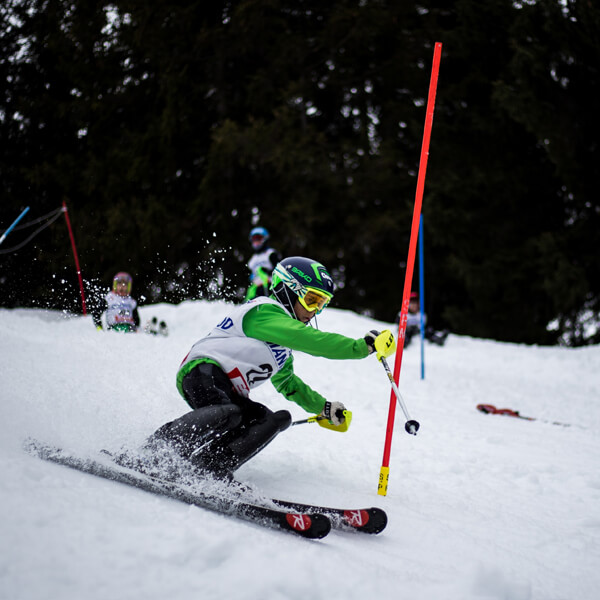
In the UK, there are over 50 ice rinks, of which many offer disability assistance to help those with disabilities learn and take up the sport. The UK is certainly making an effort to make snow sports accessible, and it’s thanks to trainers getting additional training to support those with disabilities and the advancements in technology and adaptive equipment.
The Paralympics gets praise for its inclusivity, and rightly so; however, disabled women have only recently been allowed to compete in Para Ice Hockey (2010).
Let’s Explore Some of the Adaptations to these Sports
Sports can be dangerous and challenging, so having adapted equipment to ensure that you are safe and perform at peak performance leads to success. There are many ways to make sports accessible. We are taking a look at how you can adapt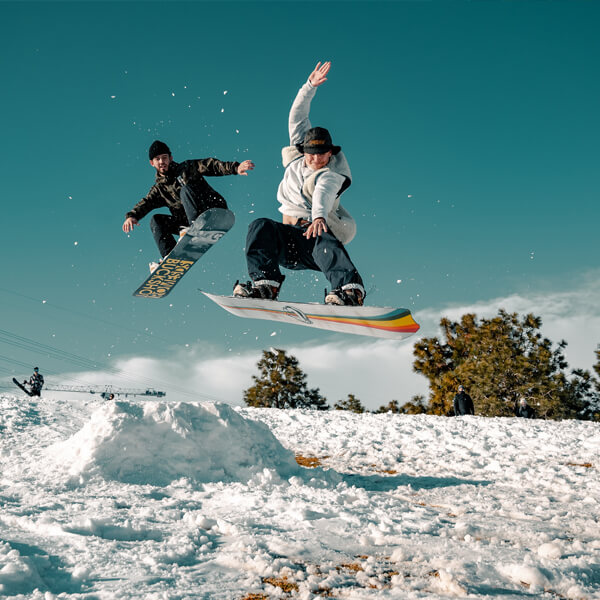 preexisting equipment and accessories to make sports more accessible to persons with disabilities.
preexisting equipment and accessories to make sports more accessible to persons with disabilities.
How to Make Sports More Accessible with Tenura Products
Let’s look at ways Tenura products can help disabled people participate in sports and adapt their equipment for better results and comfort.
Taking On And Off Your Snow Boots
For many snow sports, you will require snow boots, and they can be tricky to take on and off, so we suggest you use a Tenura non-slip floor mat to help. Place the snow boot onto the floor mat to keep it in place whilst you put on the boots. Floor mats help with mobility and increased grip.
Drying Out Your Equipment 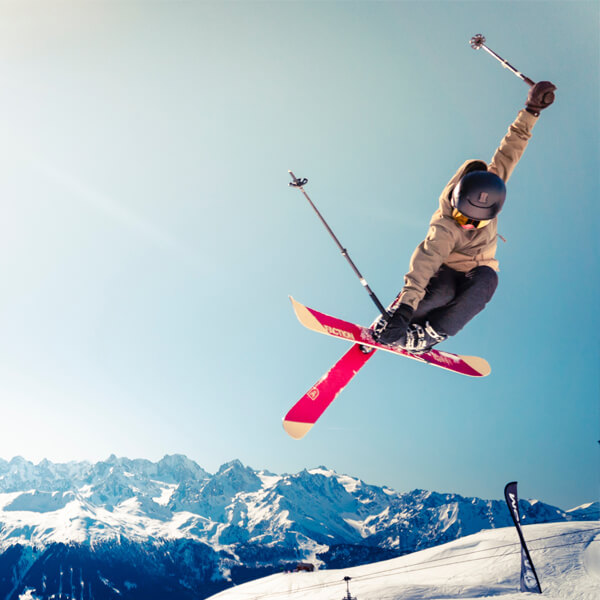
Snow melts and causes wet puddles, but thanks to the lattice structure of Tenura non-slip fabric, your equipment will be able to dry out above the water. You can place your boots or skis upon the fabric to help dry and air them out.
CupCaps to Prevent Spillages
If you have had plenty of practice at your snow sport, you may be able to take a drink on the go, and we suggest you use a Tenura CupCap to ensure your drinks container is spillproof.
Adapting your equipment to be more disability-friendly can help when it comes to participating and taking up hobbies in sports. If you have any more ideas, you would like to share. You can do so via our socials (Facebook and Twitter).